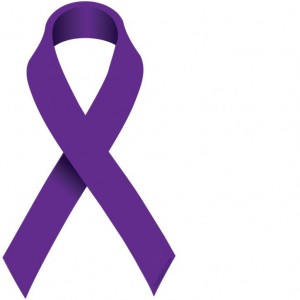 An individual’s problems with adjustment can be more clearly understood in the context of his/her interaction with others. Because we define ourselves in relation to other people, we know the ‘sense of self’‘ is constantly being created through those interactions. This is especially true when you take into consideration that person’s patterns of connection with loved ones. When love is expressed and accepted, it is the logical antidote to the helplessness and the sense of being disconnected and betrayed, which are at the core of countless traumatic experiences. Studies (1) show that, when a spouse is included in the treatment for anxiety, rates raised from 42% of therapeutic success (in individual therapy) to almost double, at 82% of success when both spouses are involved. It is only sensible then to make the most out of this healing element in everyone’s life (relationships) and use it as part of the treatment of trauma.
An individual’s problems with adjustment can be more clearly understood in the context of his/her interaction with others. Because we define ourselves in relation to other people, we know the ‘sense of self’‘ is constantly being created through those interactions. This is especially true when you take into consideration that person’s patterns of connection with loved ones. When love is expressed and accepted, it is the logical antidote to the helplessness and the sense of being disconnected and betrayed, which are at the core of countless traumatic experiences. Studies (1) show that, when a spouse is included in the treatment for anxiety, rates raised from 42% of therapeutic success (in individual therapy) to almost double, at 82% of success when both spouses are involved. It is only sensible then to make the most out of this healing element in everyone’s life (relationships) and use it as part of the treatment of trauma.
Healthy close relationships have been linked to resilience in combat situations, to the ability to cope with chronic stress and illness, and even to immune system competence. Because many traumas are marked by violations of human connections, the relationship with one’s life-partner is powerfully corrective, but it is often overlooked by health professionals as an active source of healing. Therapists who work with couples and families endeavor to create more positive connections between family members / husband and wife, where wounds can be healed utilizing those relationships as therapeutic catalysts. If you or someone you know is struggling from a traumatic experience or living with anxiety and needs healing, call (or fill out the online form) today. You CAN take the first step towards a healthier and fuller life.
(1) Emotionally Focused Couple Therapy with Trauma Survivors, by Susan Johnson

